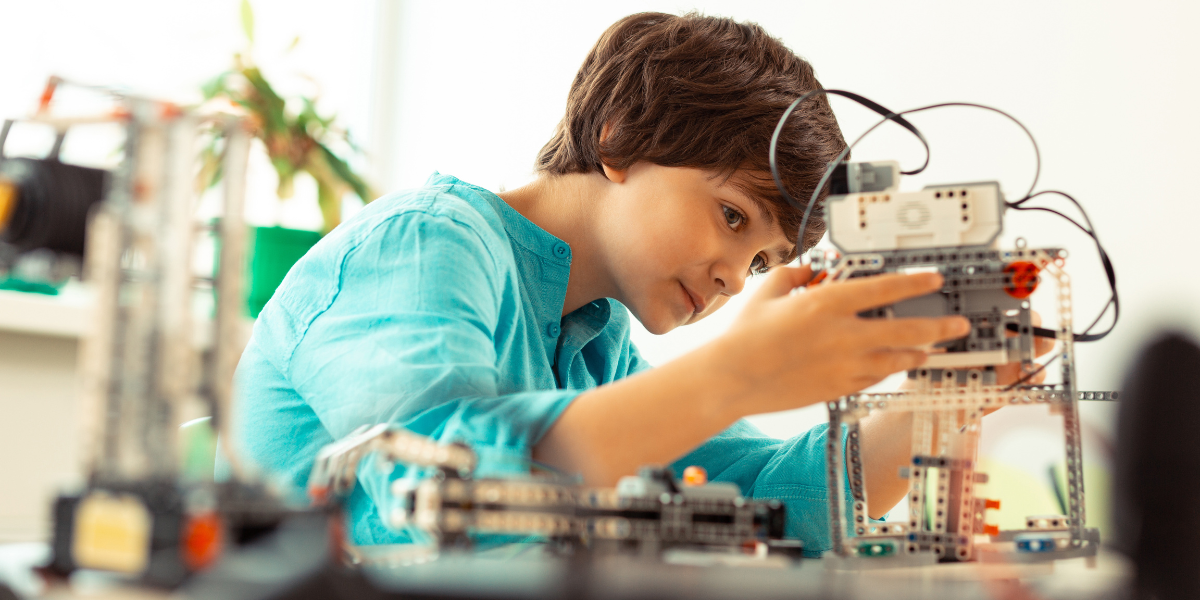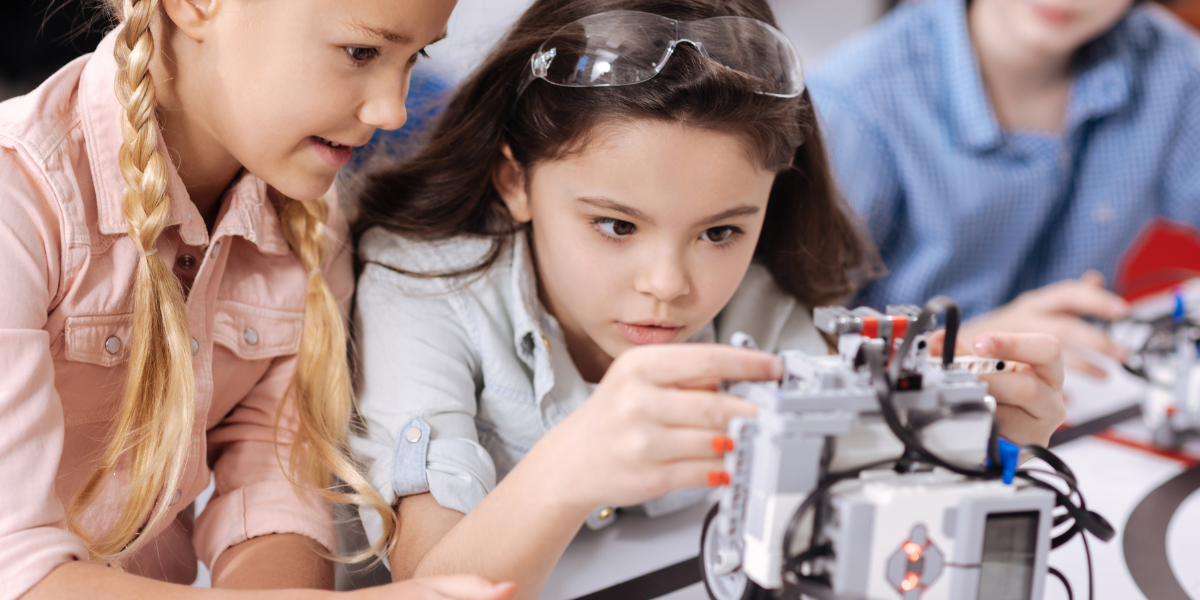
Building Problem-Solving Skills Through Games and Real-World Examples
When you get kids interested in engineering, you’re introducing them to the thinking skills behind everything they see and use daily. From the bridges they cross to the smartphones they love, engineering shapes the modern world in ways your child might never notice. These problem-solving professionals design solutions that make life easier, safer, and more exciting for families across Canada.
Engineering offers your child a unique way to understand how things work while developing critical thinking skills that benefit every subject. Your child learns to see problems as puzzles waiting for creative solutions rather than obstacles to avoid or fear.
Point Out Engineering Marvels in Your Daily Life
The best way to get kids interested in engineering starts with showing them engineering examples during regular family activities and outings. Every car ride becomes a learning opportunity when you point out bridges, traffic lights, water treatment plants, and road systems. Your child discovers that engineers designed the elevators in shopping centres, the heating systems in your home, and even the playground equipment at local parks.
Canadian engineering achievements provide excellent examples that build national pride while demonstrating engineering possibilities for young minds. The CN Tower in Toronto, the Confederation Bridge connecting Prince Edward Island, and Vancouver’s SkyTrain system all represent human creativity and problem-solving skills. Your child learns that engineers who created these structures were once curious kids asking questions about how things work and wondering if they could build something better.
Use Games and Technology to Spark Engineering Interest
Games provide perfect opportunities to get kids interested in engineering through hands-on building and problem-solving activities that feel like play. Engineering games for kids encompass building exercises, puzzles, and creative challenges that develop spatial reasoning and logical thinking skills. These activities help children grasp engineering principles in an engaging manner, without the feel of traditional schoolwork or homework assignments.
Minecraft has become an excellent tool for introducing engineering concepts to children who love technology and creative building projects. Many Canadian schools now use Minecraft in educational settings to teach engineering and science concepts through virtual construction projects. Your child can design bridges, plan cities, and solve structural challenges while developing the same thinking patterns that professional engineers use in their daily work and project planning.
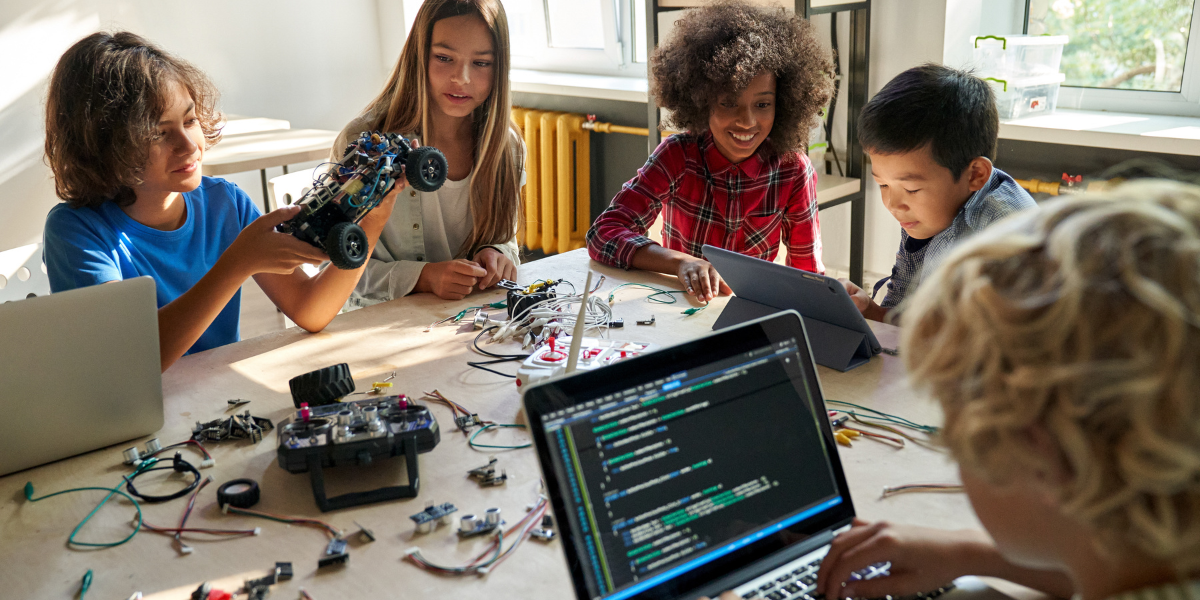
Develop Valuable Problem-Solving Skills Through Engineering Thinking
Engineering education teaches your child to approach challenges systematically while building confidence in their ability to find creative solutions. Problem-solving and resourcefulness help children imagine complete solutions and break complex challenges into manageable steps they can tackle successfully. Your child learns to think beyond immediate problems and consider long-term consequences and improvements that benefit everyone involved.
Critical thinking and reverse engineering skills help your child understand the function of everyday objects. Kids interested in engineering have curiosity about taking things apart, examining components, and understanding relationships between different parts. These analytical skills transfer directly to science, mathematics, and logical reasoning that benefits academic performance across all subjects throughout their educational journey.
Build Leadership and Teamwork Skills
Engineering projects naturally involve collaboration and communication skills that prepare your child for future academic and professional success in any field. Leadership and teamwork abilities develop when children work together on building projects, share ideas respectfully, and coordinate efforts toward common goals. Your child learns to listen to different perspectives, contribute their own ideas confidently, and compromise when necessary for project success.
These collaborative experiences teach your child that the best solutions often come from combining different viewpoints and expertise rather than working alone. Engineering teams include people with various specialties who must communicate effectively to create successful projects. Your child develops these essential social and professional skills while building confidence in group settings and learning to value diverse contributions and perspectives.
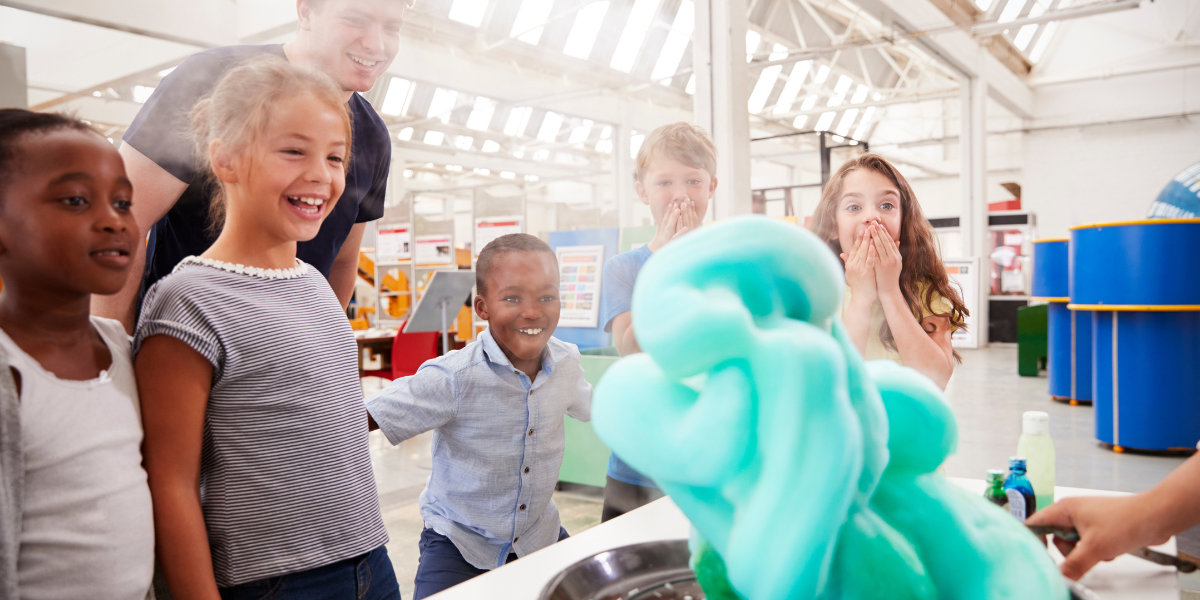
Why Start Engineering Interest Early
Introducing engineering concepts during childhood helps your child develop thinking patterns and problem-solving approaches that benefit them throughout their lives. Young minds are naturally curious about how things work, so it’s a perfect time to encourage engineering thinking. Your child builds confidence in STEM subjects while discovering potential career paths they might never have considered otherwise.
Early engineering exposure also helps your child appreciate the human-made world around them. They understand that ordinary people create extraordinary things through persistence and creativity. You’re also showing them that they have the potential to solve problems, improve designs, and create helpful innovations. These experiences build self-confidence and demonstrate that engineering careers are accessible to children from all backgrounds and interests.
Creating Future Problem-Solvers
Engineering thinking benefits your child, regardless of their eventual career path. These skills apply to every profession and life situation; whether your child becomes a doctor, teacher, artist, or entrepreneur. All professions use problem-solving, critical thinking, and collaboration skills throughout their lives. Engineering education provides a foundation for logical reasoning and creative solutions that transfer to every subject and challenge they encounter.
Your child also gains appreciation for the complexity and ingenuity of the world around them. In turn, this develops respect for the professionals who design and maintain our infrastructure. They become thoughtful citizens who consider the engineering behind everyday conveniences we often take for granted.
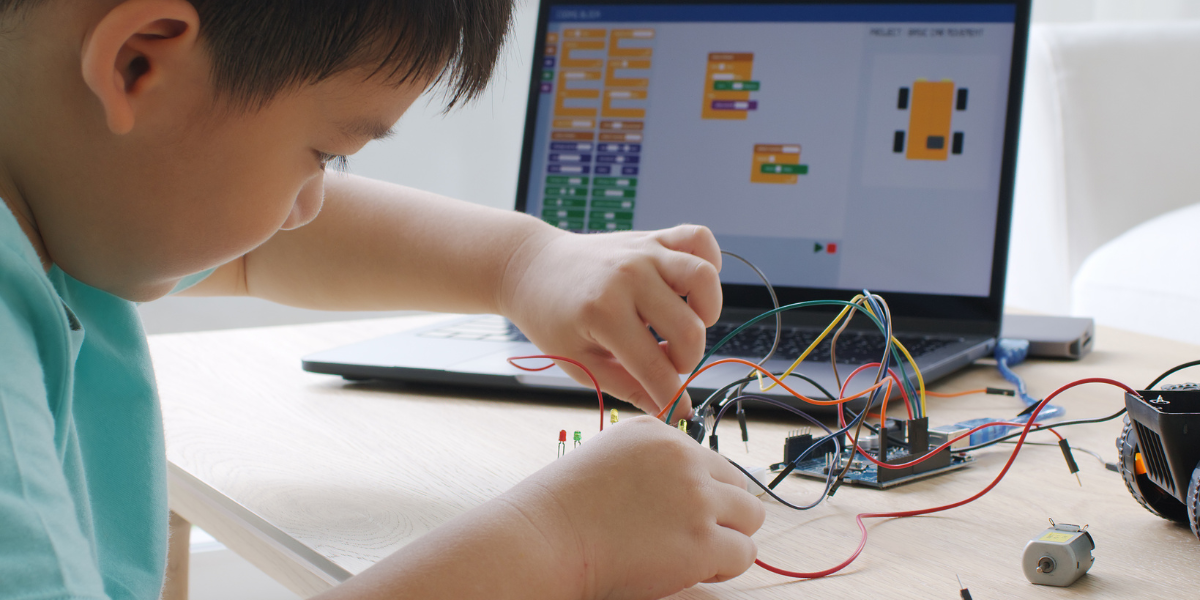
Ready to Build Your Child’s Future?
School is Easy’s experienced tutors know exactly how to make complex concepts accessible and exciting for young learners. Our personalized approach helps students develop the mathematical and scientific foundations that build problem-solving abilities. Contact School is Easy today to discover how we can support your child’s educational journey and help them develop the skills they need for future success in any field they choose.

